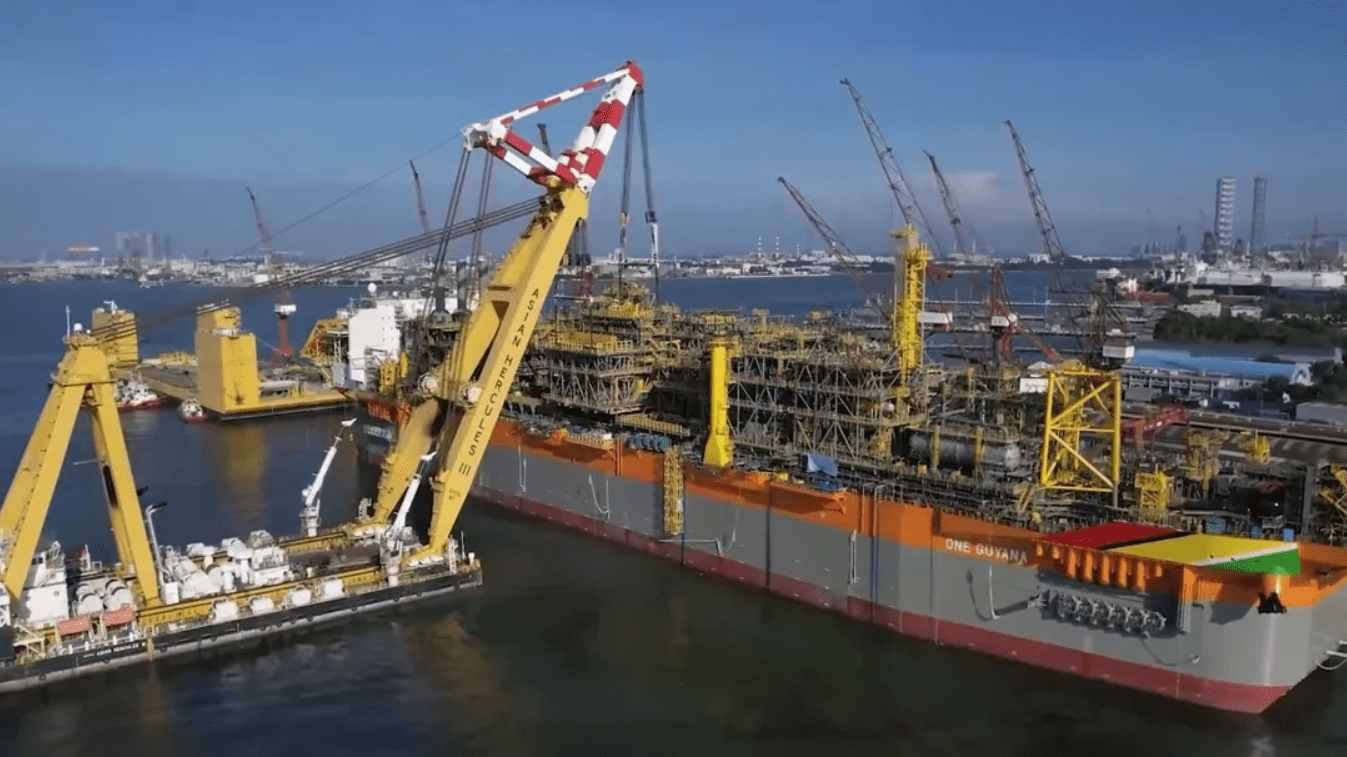“Why would we still explore for oil and gas?” René Jonk of ACT GEO asked at the end of his talk for the Geoscience Energy Society of Great Britain on April 8. A question GEOExpro Editor-in-Chief Henk Kombrink examines in detail, holding Guyana up as a prime example of why exploration remains important.
“In 2015, ExxonMobil had two prospects shortlisted in Guyana—Skipjack and Liza,” Kombrink explained in an April 11 article. “If Skipjack had been drilled first, which it wasn’t, the Golden Lane might still be undiscovered today.”
Skipjack turned out to be a dry well. Liza, drilled first, led to one of the most significant oil discoveries of the decade. “This shows how exploration often hinges on luck,” Kombrink said. “But you can’t benefit from luck if you don’t drill.”
With global reserves expected to last another 40 to 50 years, some may question the need for continued exploration. But Kombrink says there are four solid reasons to keep going.
“First, if your portfolio is static, you’ll lose market share. That’s a fundamental rule in the industry,” he stated. Second, the type of oil matters.
“A lot of the remaining global reserves are heavy oil, which has a higher carbon footprint and higher production costs,” Kombrink noted. “There’s a real incentive to find more conventional oil, like what was found offshore Guyana.” Third, energy security is now a central concern.
Guyana oil success rooted in high risks, partnerships, and innovation – Liam Mallon | OilNOW
“Countries like New Zealand are reopening exploration talks because of supply concerns,” he said. “South Korea’s KNOC is also drilling, despite recent dry wells.”
The fourth reason is economic opportunity. “Some nations simply want a share of the wealth oil and gas can provide,” Kombrink said. “Guyana, Suriname, and Namibia are good examples.”
Suriname, he pointed out, is already recruiting skilled workers to support upcoming production. “Despite calls to move away from oil, exploration is still very much alive,” Kombrink said. “Guyana’s experience proves that new frontiers can yield huge rewards. But only if you keep exploring.”



